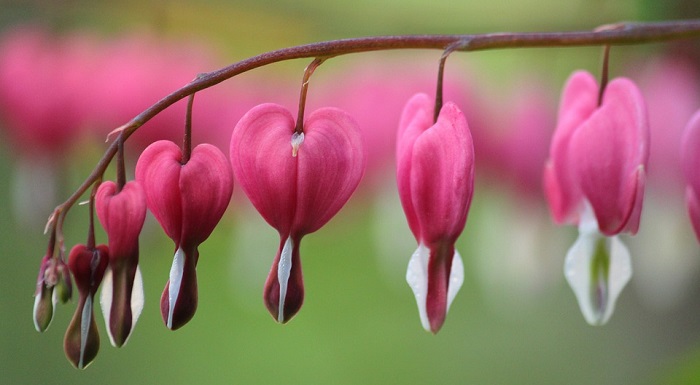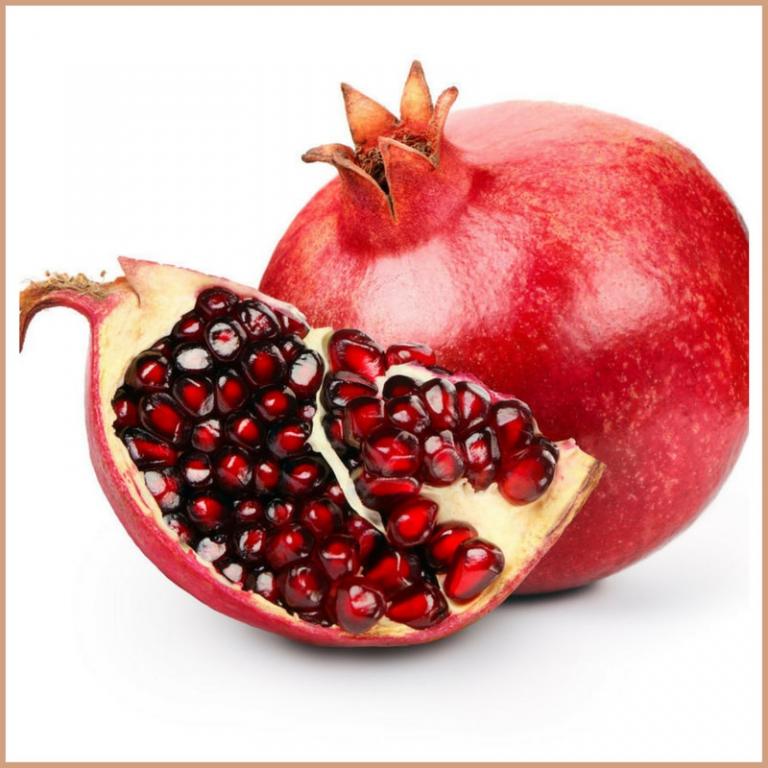Symbolic Meanings of Plants
4 min readApart from the top ten flowers, quite a lot of plants have deep symbolic meaning in them over the long history of China. Due to their individual properties, certain plants can symbolize longevity, wealth and prosperity. For example, the peach is the symbol of immortality, the bamboo as the famous symbol of resilience, the pomegranate as symbol of fertility, the grapes as symbol of abundance and many more.

Bamboo
Always green in color and hollow inside, bamboo is a symbol of longevity and modesty. It is often depicted with pine trees and plum blossom altogether as “three friends in severe winter”. Ancient literary men often depicted bamboo in their writings and paintings.
In traditional Chinese culture, bamboo is one of the four favorite plants along with Chinese plum, orchid and chrysanthemum, the so-called Four Men of Honor, the characters of which are highly admired by the Chinese people so they want to be just like the four plants.
Mandarin Orange
The pronunciation for “orange”in Chinese is similar to that of “auspicious”. Therefore, orange symbolizes good luck. Tradition has it that you must bring a basket of mandarin oranges together with a red packet when visiting family or friends anytime during the Chinese New Year celebrations. Mandarin oranges are symbols for abundant happiness and good fortune.
Peach
For longevity, the peach is the most symbolic of any tree or fruit in Chinese culture. Hence it has the name of “immortal peach”and “longevity peach”. According to ancient text, peach has a cultivation history of over 1,000 years in China. It was the tribute to the imperial families of past dynasties. It is believed in ancient China that its tree wood and color can keep demons at bay.
There are many stories about peach in Chinese mythology. One of them is about the peach tree of immortality planted in Yaochi by the West Queen Mother. The tree was said to blossom once every 3,000 years and the fruit of eternal life took another 3,000 years to ripen. If one ate one of those peaches, he could live 600 years longer. Therefore, the peach is also known as the”immortal fruit”which can give immortality to people, so it is the traditional benison giftin China.
Arriving in spring as they do, they symbolize life, growth and prosperity. Should the peach blossom bloom during New Year celebrations, it is a sure sign that the year ahead will be one of good fortune!
Chinese Parasol Tree
Wutong, the Chinese parasol tree, is a beautiful tree which figures prominently in literature. It is an emblem of strong affection between husband and wife. Ancient myth has it that “wu”is male and “tong”is female.”Wu”and “tong”grow in the same tree to live and die together. As the Chinese saying goes,”Wu and tong treat each other, mandarin ducks die together.”The euphonious Chinese name “wutong”is often left untranslated as in the poem of Wen Tingyun, the well-known poet of Tang Dynasty:”Wutong trees, third watch rain, care not for utter bitterness of separation sorrow.”

Pine and Cypress
Pine is often mentioned together with cypress. Both trees remain green and stand upright in spite of the severe cold in winter. Chinese people favor pine tree for its quality of cold resistance and being evergreen. This natural property of pine is regarded by Chinese people as the moral character-being firm and unyielding. Pine, the favorite tree of Chinese painters, symbolizes longevity and brawniness and epitomizes self-discipline and steadfastness.
Pomegranate
The pomegranate, being full of seeds, is an auspicious emblem of fecundity and family prosperity and, therefore, is well loved by Chinese people. Its red color represents joy and happiness, so in some places there is the custom of eating pomgranate at weddings to bless the bride and groom and to wish them a bright future. Because its many seeds represent numerous progeny to the Chinese, pomegranate is widely represented in art works symbolizing fertility, abundance, prosperity, numerous and virtuous offspring and a blessed future.

Peanut
The peanut, also named groundnut, represents the birth of prosperity and signifies continuous growth and multiplication in wealth and good fortune. One would also notice the presence of peanuts during the festive Chinese New Year season among Chinese families to generate luck associated to health and longevity.
The groundnut is unique because it grows with its roots expanding in a wide area in the form of nodules.This symbolizes stability and prosperity.Peanuts are a must at traditional wedding for blessing the newly weds with fertility so that they would have lots of children,both boys and girls.








